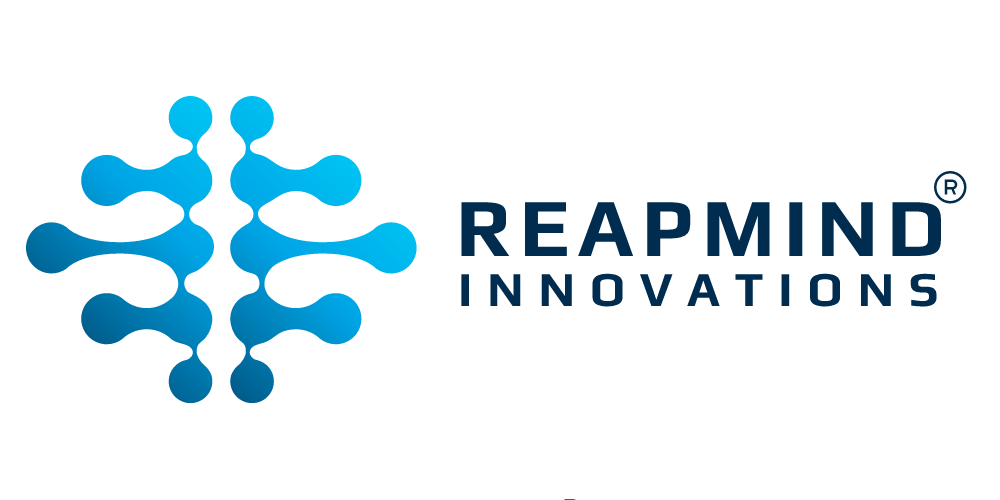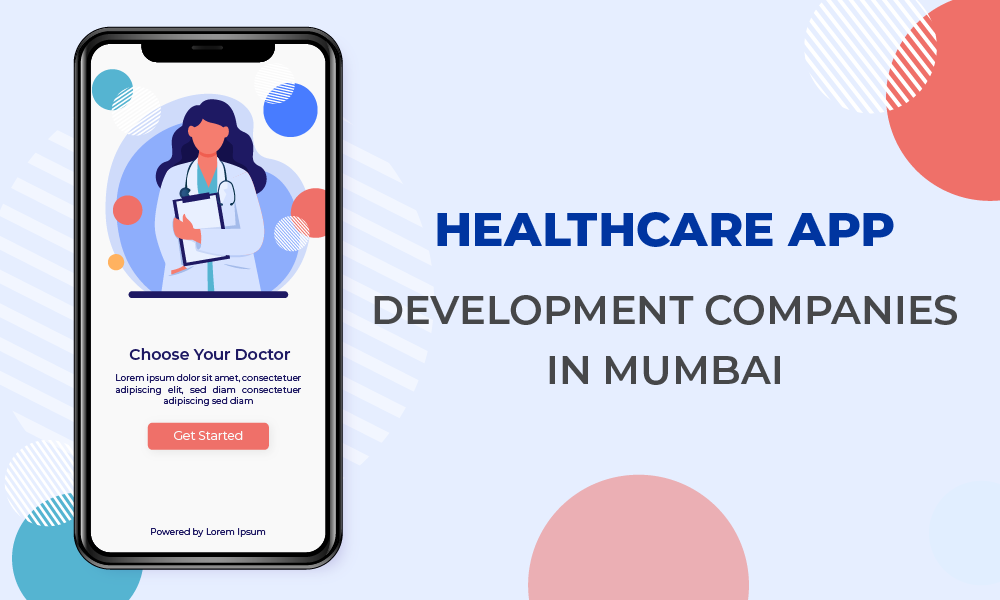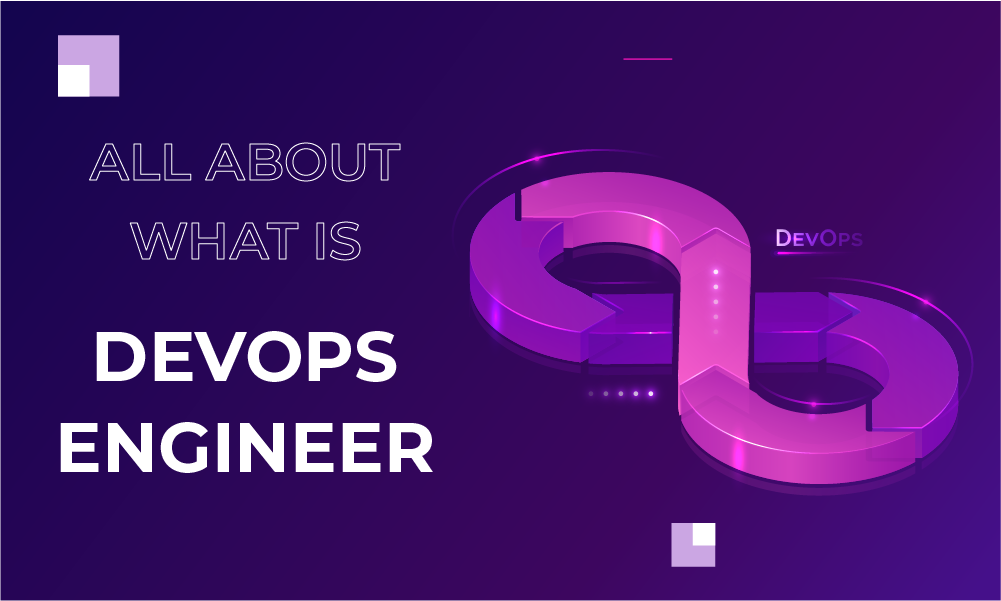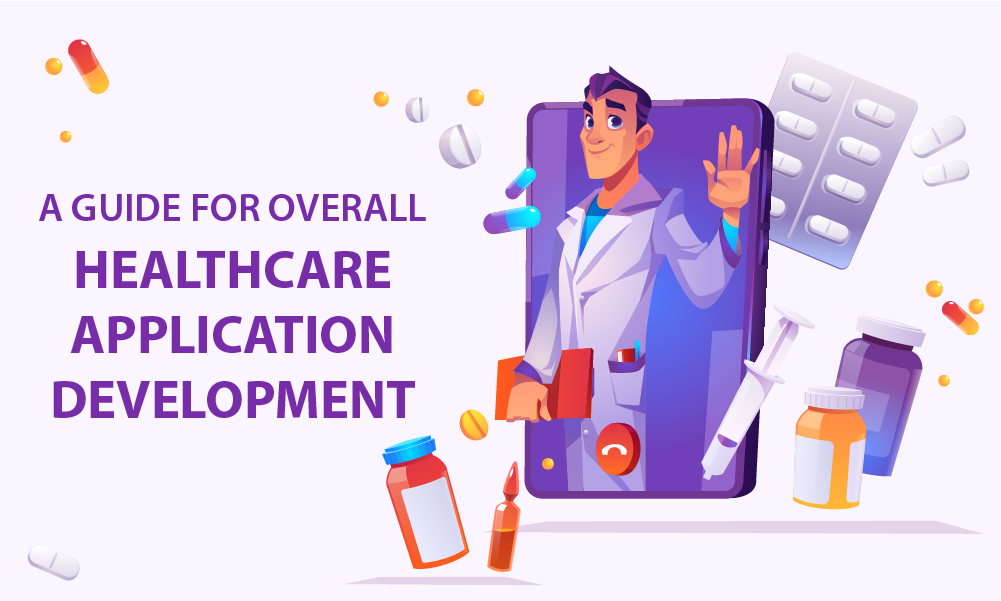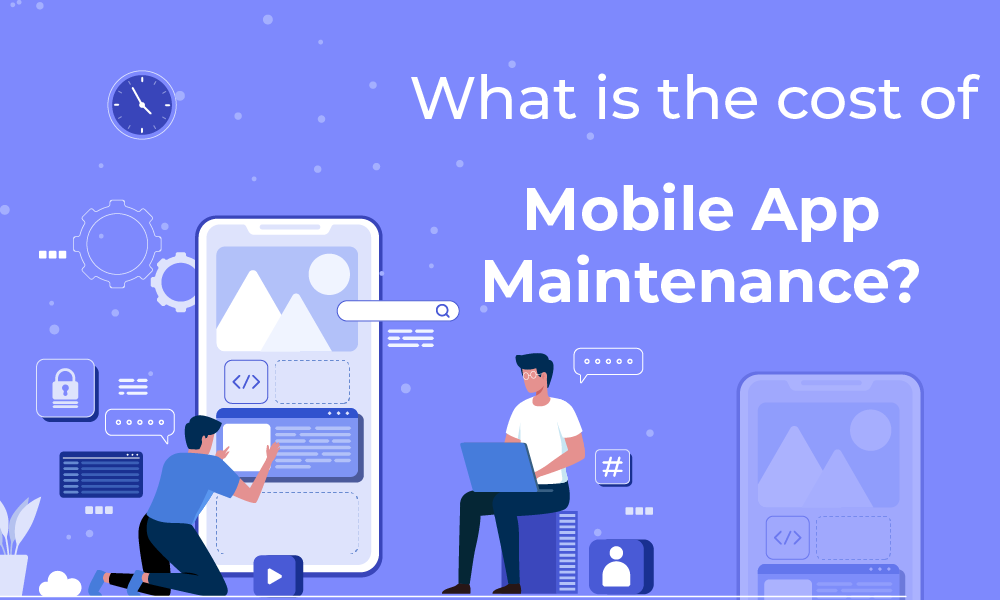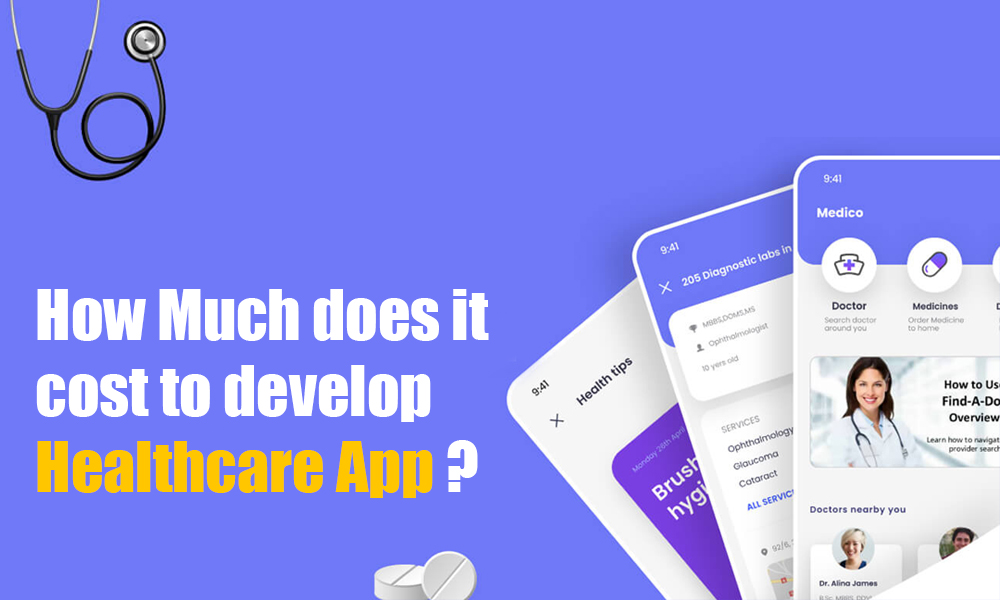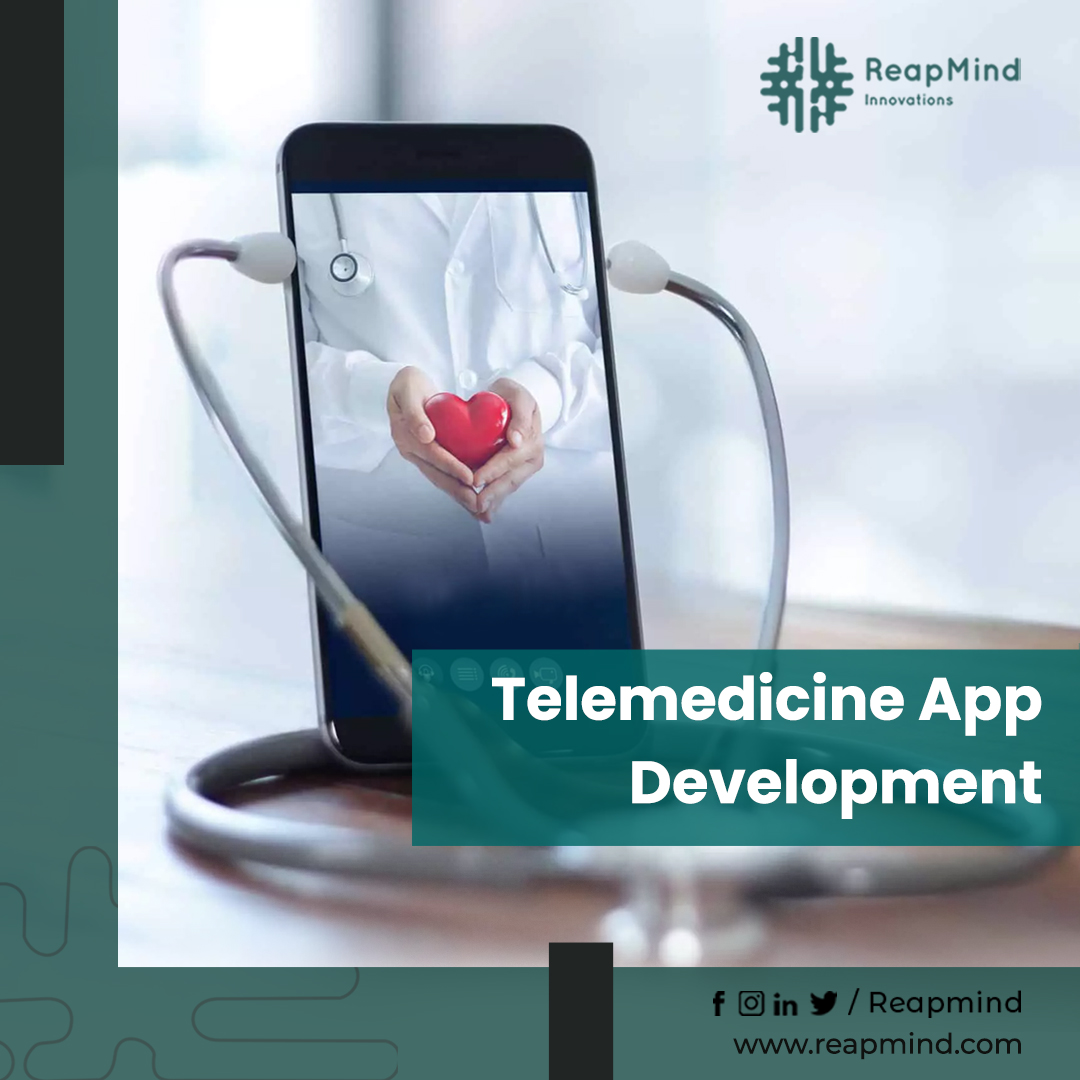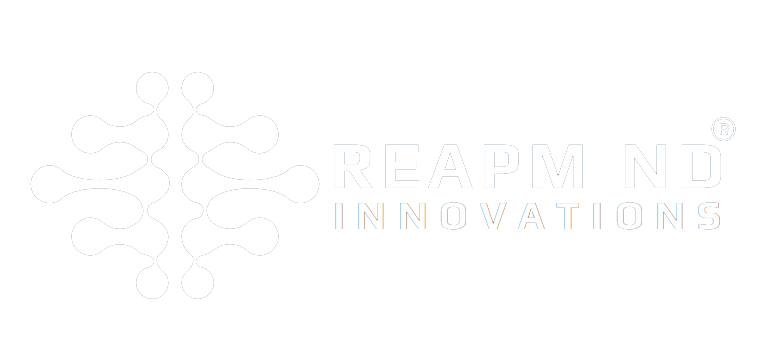All about what is DevOps Engineer
Table of Contents
ToggleDefinition:-
DevOps (a blend of “development” and “operations”) is a set of strategies and tools meant to help a company produce applications and services more quickly than traditional software development procedures. Organizations can better service their clients and compete in the market because of this quickness.
DevOps, in its most basic form, is about bridging the gap between traditionally compartmentalised teams, development, and operations. Development and operations teams collaborate across the whole software application life cycle, from development and testing to deployment and operations, in a DevOps framework.
Teams that adopt DevOps culture, techniques, and tools become more productive, producing better products faster and with more customer satisfaction. Improved teamwork and productivity are also essential to accomplishing company objectives.
How does DevOps work?
DevOps is an approach for improving software development work throughout the lifecycle. A DevOps process can be thought of as an infinite loop, with the following steps: plan, code, build, test, release, deploy, monitor, and — through feedback — plan, which resets the loop.
DevOps, in its ideal form, means that an IT team builds software that completely satisfies user needs, installs quickly, and performs ideally on the first try. Organizations achieve this purpose by combining culture and technology.
Developers and stakeholders communicate about the project to ensure that the software meets expectations, and developers work on incremental updates that go live independently of one another.
IT teams utilise CI/CD pipelines and other automation to move code from one development and deployment stage to the next, reducing wait times. Changes are reviewed instantly by teams, and regulations can be enforced to ensure that releases are compliant.
Developers may support live software, putting on them to address runtime issues. IT operations administrators may be present at software design sessions, providing advice on how to use resources effectively and safely. Anyone can participate in blameless autopsies. The more these experts interact and share their knowledge, the more they will be able to develop a DevOps culture.
DevOps Application Lifecycle
Throughout the application lifecycle’s plan, build, deliver, and operate phases, DevOps has an impact. Each phase is interdependent on the others, and the phases are not divided into roles. Each position is involved in each phase to some level in a true DevOps culture.
- Plan
DevOps teams use the plan phase to brainstorm, define, and describe the features and capabilities of the apps and systems they’re developing. They keep track of progress at all levels of granularity, from single-product projects to activities that span numerous product portfolios. DevOps teams prepare with agility and visibility by creating backlogs, tracking issues, managing agile software development with Scrum, using Kanban boards, and visualising progress with dashboards.
- Develop
The develop phase encompasses all aspects of coding, including team members’ writing, testing, reviewing, and integrating code, as well as converting that code into build products that can be deployed in multiple settings. DevOps teams strive for quick innovation while maintaining quality, stability, and productivity. They accomplish this by utilising highly productive technologies, automating monotonous and manual tasks, and iterating in small increments via automated testing and continuous integration.
- Delivery
The process of consistently and reliably putting applications into production environments is known as delivery. The deployment and configuration of the fully regulated core infrastructure that makes up those environments are also part of the deliver phase. Teams create a release management procedure with explicit manual approval phases during the deliver phase. They also set up automatic gates to transport applications through different phases till they’re ready for clients. These processes become scalable, repeatable, and controllable when they are automated. DevOps teams can deliver regularly with comfort, confidence, and peace of mind in this way.
- Operate
In a production environment, the operate phase entails maintaining, monitoring, and debugging applications. Teams that use DevOps principles strive for system stability, high availability, and minimal downtime while also ensuring security and governance. DevOps teams strive to discover issues before they have an impact on the customer experience and to promptly resolve them when they do. Rich telemetry, actionable alerting, and full visibility into apps and the underlying system are all required to maintain this vigilance.
Benefits of DevOps
Companies that use DevOps obtain benefits that include a variety of important areas of development.
- Speed
DevOps principles allow you to move at the speed you need to innovate faster, better adapt to changing markets, and become more efficient at achieving business goals.
- Fast Delivery
You may develop & improve your product faster and get a competitive advantage by increasing the speed of releases.
- Reliability
Continuous integration and continuous delivery are DevOps strategies that ensure the quality of application updates and infrastructure modifications, allowing you to deliver at a faster pace while still providing the best possible experience for end users.
- Improve Collaboration
Developers and operations teams communicate closely, share responsibilities, and merge workflows in a DevOps approach. This saves time and money by reducing inefficiencies.
Security
Using automated, integrated security testing technologies, you may use a DevOps approach without sacrificing security.
The Future of DevOps
DevOps has shown to be useful in a variety of ways since its inception, from speeding up development processes to adding more value to high-quality products.
DevOps isn’t going away, but it’s also not standing still. Here are three DevOps trends to watch in the coming days.
As more businesses move to the cloud, DevOps will become increasingly intertwined with cloud-native security, resulting in changes to the way software is developed, delivered, and managed. Companies will be able to integrate security into development and deployment procedures using SecDevOps.
BizDevOps, a revolutionary method to software development that eliminates the borders between developers, operations teams, and business employees so organisations can build user-oriented products more quickly, is expected to gain traction, according to some experts.
Last but not least, development teams will have a bigger role in decision-making in order to steer businesses in the proper path when it comes to digital transformation. To know more, visit ReapMind.
